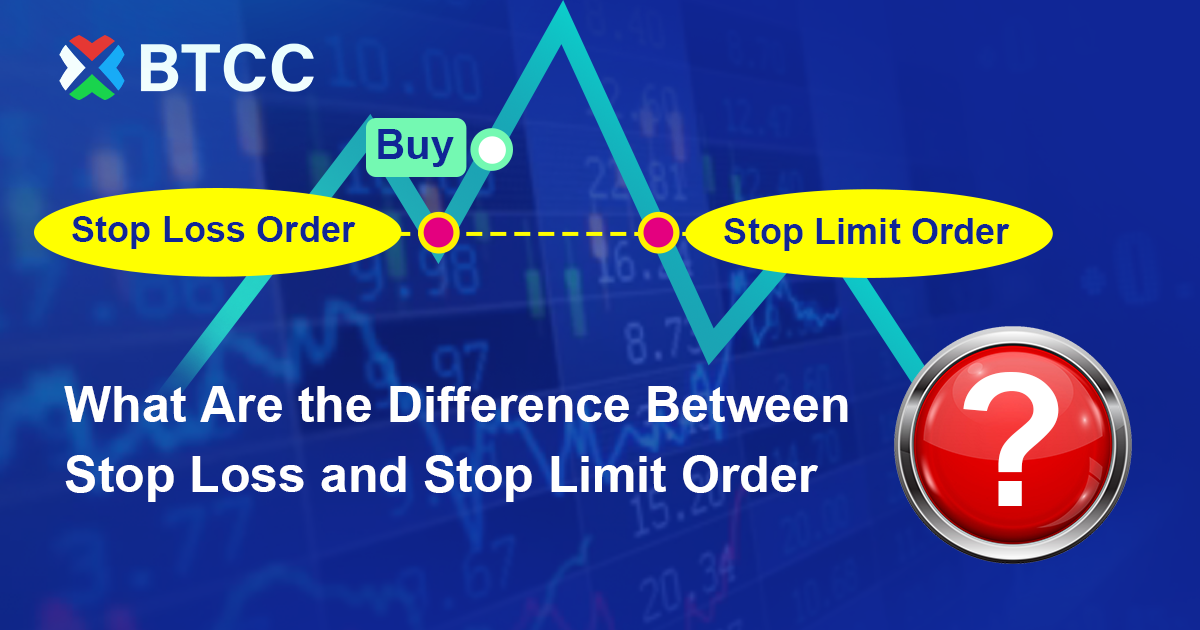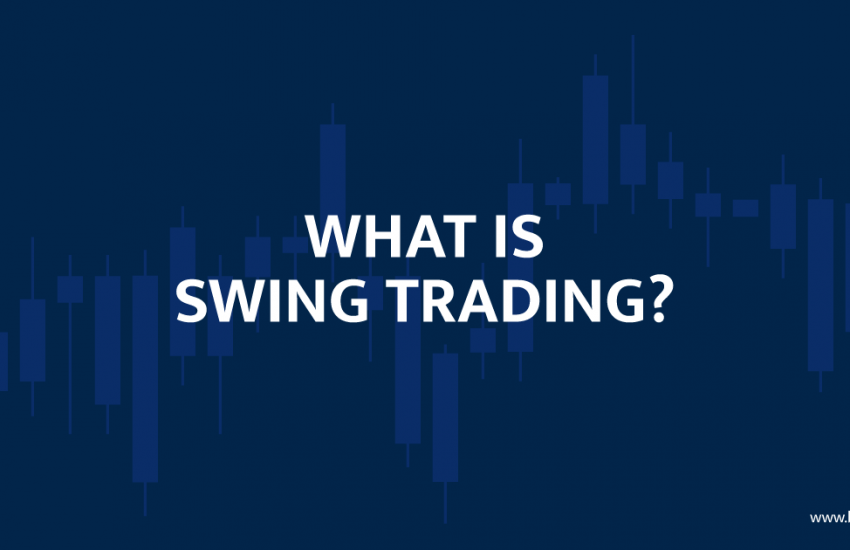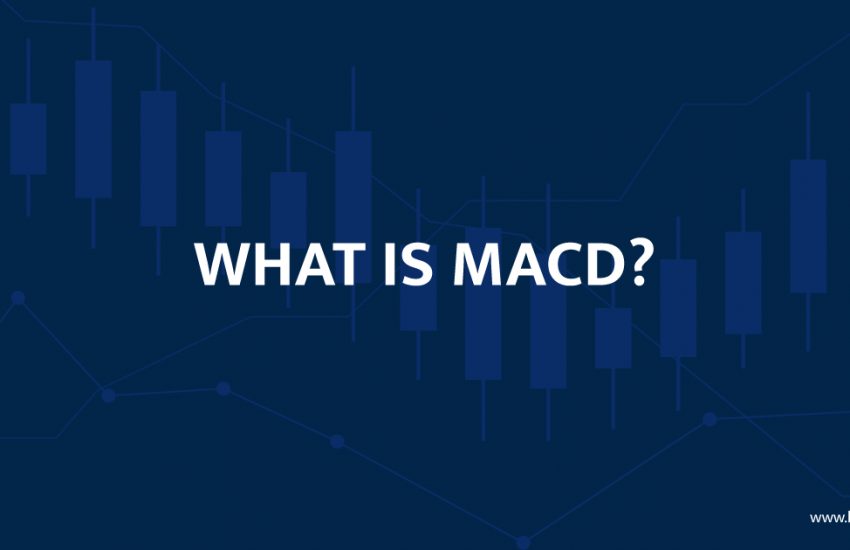What Are the Difference Between Stop Loss and Stop Limit Order
Stop order and limit order both are instructions that execute trades automatically when the market price hits a predefined level. These two types of orders allow trader to set the specified price level for automatic execution without having to monitor the market constantly.
A stop order is often called a stop-loss order. The purpose of stop order is used to limit losses, while the limit order means an instruction to trade a certain amount of asset at a specified price or beyond.
How Limit Order Work
Investor use limit order to set a limit price in which the order will be executed automatically at the limit price or better. For example, John long a position with a limit order at $30. This mean the order will be executed automatically as soon as the price reaches $30 or lower. John can only place such a limit order when the price is trading above $30.
If John want to short the position, a limit order at $30 mean John can only place such order when the price is trading at lower than $30. The limit order will be executed automatically when the price reaches $30 or more.
How Stop Order Work
The aim of stop order is used to limit losses, in which a stop order will be executed, if the market price gets “worse” than the specified price (stop price). For example, if John placed a sell short stop order at $30 when the price is trading at $34, it means the order will be executed automatically if the price hit $30 (limit price). However, John worry that the price might fall and lead to a loss. Therefore, he set a stop price at $20, which mean if the price dips to $20, then the order will be executed.
BTCC offer 9 major cryptocurrencies, and offering 16 trading pairs with maximum of 150x leverage.
Trade Now: https://bit.ly/34usCss
Disclaimer: Our content is intended to be used and must be used for informational purposes only. It is very important to do your own analysis before making any investment based on your own personal circumstances. You should take independent financial advice from a professional in connection with, or independently research and verify, any information that you find on our Website and wish to rely upon, whether for the purpose of making an investment decision or otherwise.
Follow us on social media!





